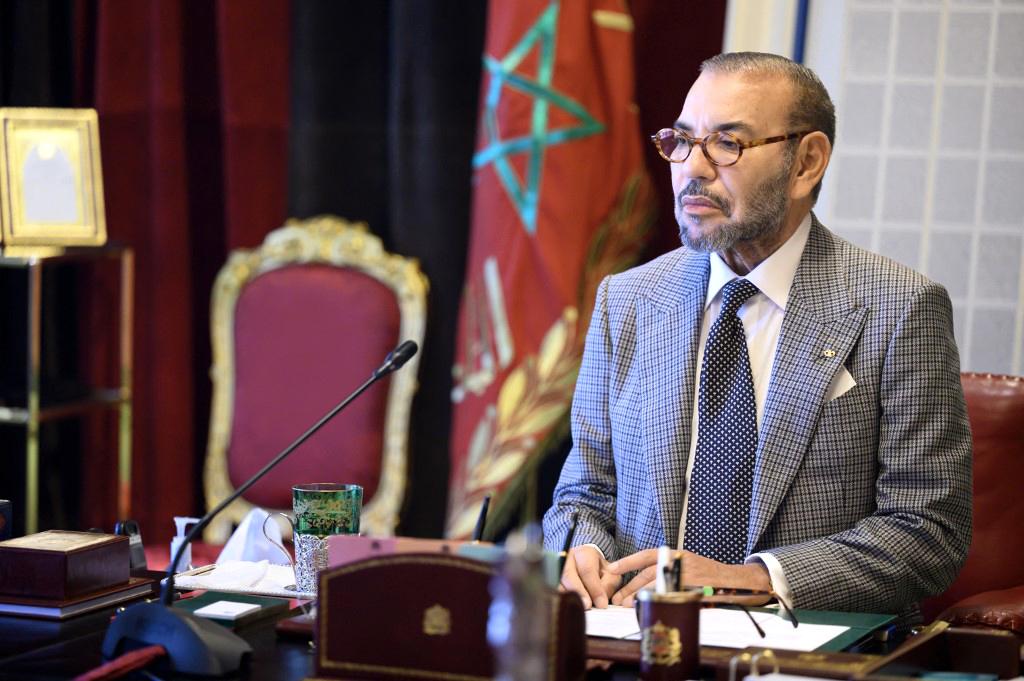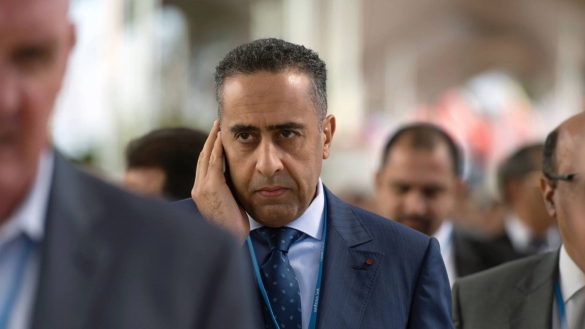 Morocco, which imports the majority of its fuel needs and spends 10-12 pc of its gross domestic product on energy bills, bets heavily on renewables to meet its rapidly growing demand and honor its international commitments to combat climate changes.
Morocco, which imports the majority of its fuel needs and spends 10-12 pc of its gross domestic product on energy bills, bets heavily on renewables to meet its rapidly growing demand and honor its international commitments to combat climate changes.
But will this North African country turn into gas exporter? It seems that the British company Sound Energy is upbeat about its gas finds in Morocco and about its future in this country.
This UK-based company has announced lately that it received from the Wilaya of l’Oriental Region (a local authority in Eastern Morocco) an approval for the proposed route of the gas export to Europe through Gazoduc Maghreb Europe (GME) pipeline.
This preliminary approval is another step in the development of the infrastructure required to support the early monetization of gas from the TE-5 Horst discovery at Tendrara.
Sound Energy CEO James Parsons said:”I am delighted to have received this confirmation, which supports the significant progress we have made in developing our Moroccan portfolio to date”.
The approval is also “further evidence of the relationships that Sound Energy has built in the country since entering in 2015, and the mutual cooperation that exists with local, regional and governmental authorities”, he added.
Last March, Sound Energy confirmed significant gas potential upon completing the drilling of its third gas well TE8 in the Tendrara license area in eastern Morocco. It also reported success in its first two Tendrara wells (TE-6 and TE-7).
These gas discoveries put Morocco on track to become a player in the gas market. The wells discovered by Sound Energy are expected to be pumping gas by 2019.
According to Sound Energy CEO, Morocco has a significant untapped gas potential. For foreign firms, the country, wherein several drillings for oil and gas operations are being conducted, represents a stable frontier in North Africa.
This reality has become especially clear over the last three years. In the case of Libya, the country’s new government has struggled to retain control over its energy assets and export facilities under the pressure of local militias. In neighboring Algeria, a legacy of underperforming projects, institutional corruption and political uncertainty drive away new investors.
Thus, Morocco appears as the best and most secure investment alternative since it enjoys strong political stability, an open and fast-growing economy and offers several competitive incentives to investors.


